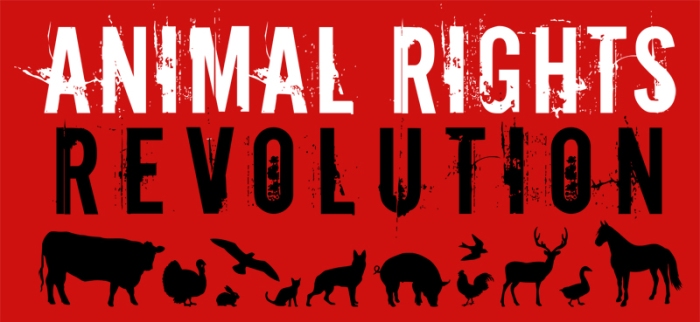As of today, I am reading Animal Scam by Kathleen Marquardt, and I am currently on page 75. Even in the introduction, I could already tell that this book was based on facts, but also was very biased. As I continue to read this book I have kept in mind that the book is leaning towards one side and tried to separate facts from opinion. To spite the fact that the book contains a lot of opinions rather than fact, I have still been able to answer one of my essential questions. As I mentioned in my Tuesday blog, I have begun to answer the essential question of, what is the difference between animal rights and animal welfare?
Before reading this book I never knew that there was a large difference between animal rights and animal welfare, I always assumed they meant the same thing. As soon as I began reading it was clear that they were not alike at all and that the tensions between the two sides were actually quite strong. Within the first few pages, Marquardt was already taking shots at big organizations like PETA for not putting humans before animals. The fact that she is willing to criticize PETA shows just how significant the difference between the two sides is. Once I realized that animal rights and animal welfare are in fact very different things, I began looking for answers as to what they both really meant. On page xv of the introduction, I found out what animal welfare stood for, "We want animals to be treated humanely: we abhor cruelty to animals. But in stark contrast to the animal rights organizations, we believe that people should benefit from natures surplus we hold that humans are a part of nature and the food chain, not hostile aliens who must be eradicated"(Marquardt xv). This quote, in particular, showed me what some of the values are of the animal welfare side compared to animal rights. I learned that people who stand for animal welfare support the humane treatment of animals, with that being said animal welfare supporters believe that animals should be used as resources to better the lives of people. This opinion is a somewhat middle ground between not caring about the treatment of animals and believing that animals should have the same rights as a person does.
On the other hand, there are animal rights which are far from a middle ground. Marquardt actually proposes that organizations who support animal rights are actually extremists or terrorists. As I previously mentioned this book is very opinionated, therefore not everything the book says about the animal rights movement will be accurate. That being said, there is some truth behind saying that some of the animal rights groups can be very extreme when it comes to the level of rights they think animals should have. In fact, many animal rights groups actually think that it is morally wrong to own a pet of any time and that it resembles owning a slave. Owning a pet is just one of many things that PETA is against. PETAs definition of animal rights is "that animals deserve certain kinds of consideration—consideration of what is in their best interests, regardless of whether they are 'cute,' useful to humans, or an endangered species and regardless of whether any human cares about them at all. It means recognizing that animals are not ours to use—for food, clothing, entertainment, or experimentation."(PETA.org) PETAs idea of animal rights basically means that humans have no superiority over animals and that both should be treated equally.
In conclusion, even just from the beginning of this book, I have been able to answer one of my essential questions as to what the difference between animal rights and animal welfare is. I learned that animal welfare is concerned with the humane treatment of animals while using animals to benefit people whereas animal rights are concerned with making sure that animals have equal rights those that people have.
Marquardt, Kathleen, et al. AnimalScam: the Beastly Abuse of Human Rights. Regnery Gateway, 1993.



I saw a sign that I wanted to tell you about. Peter Singer is giving a talk at Phillips Exeter in October that is open to the public. It would be great if you could go to it and blog about it! Several things like that could even become part of your final project in January.
ReplyDelete